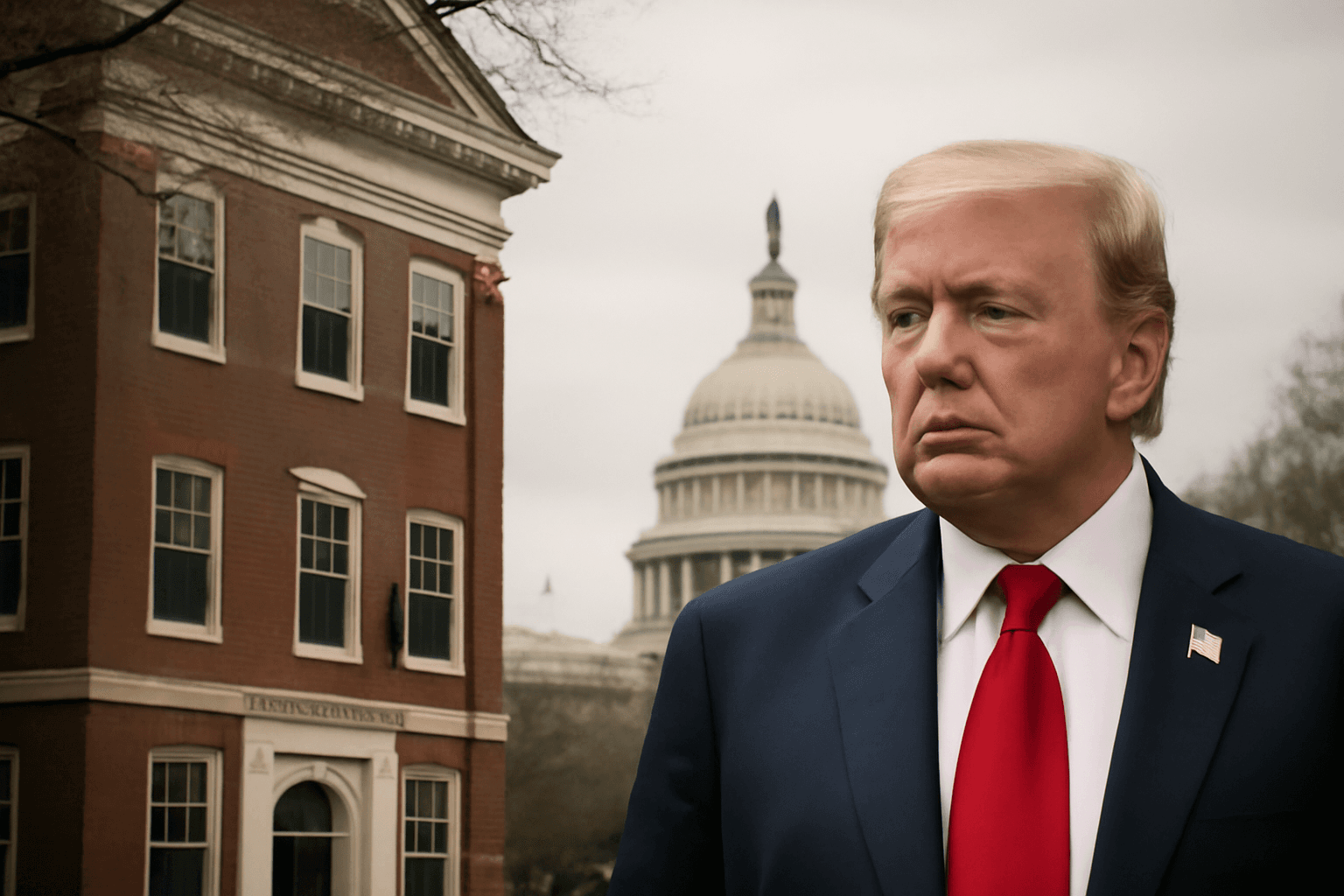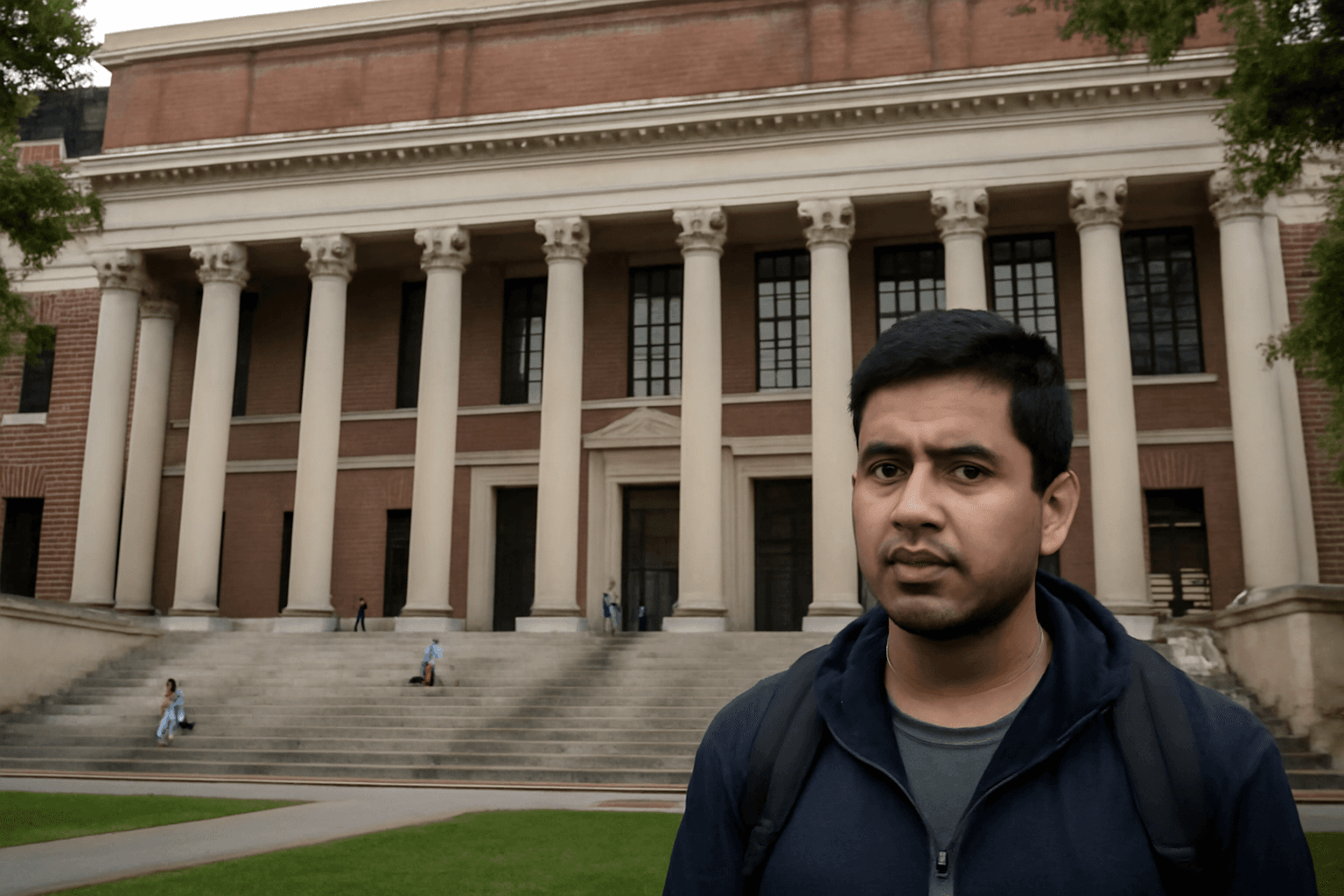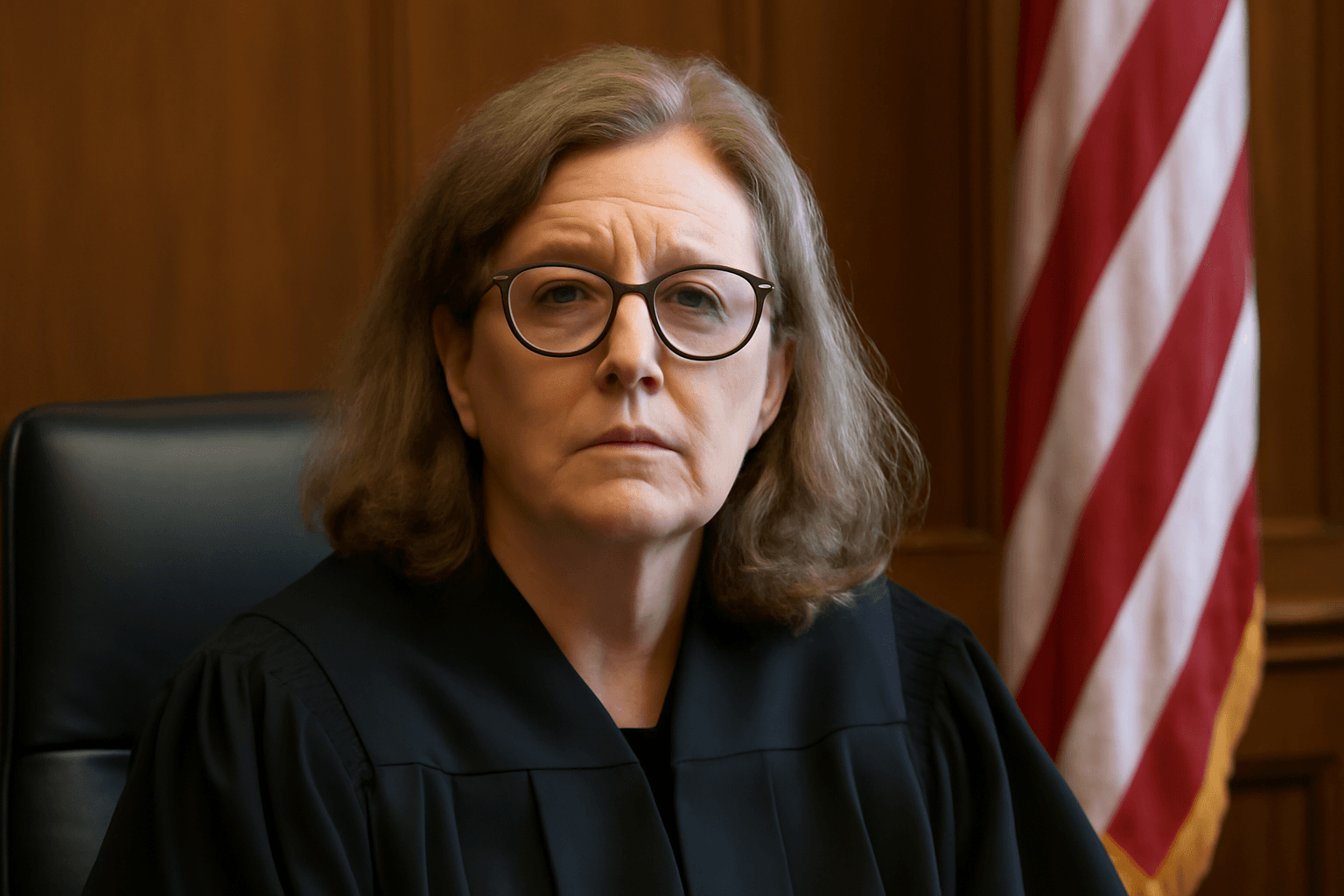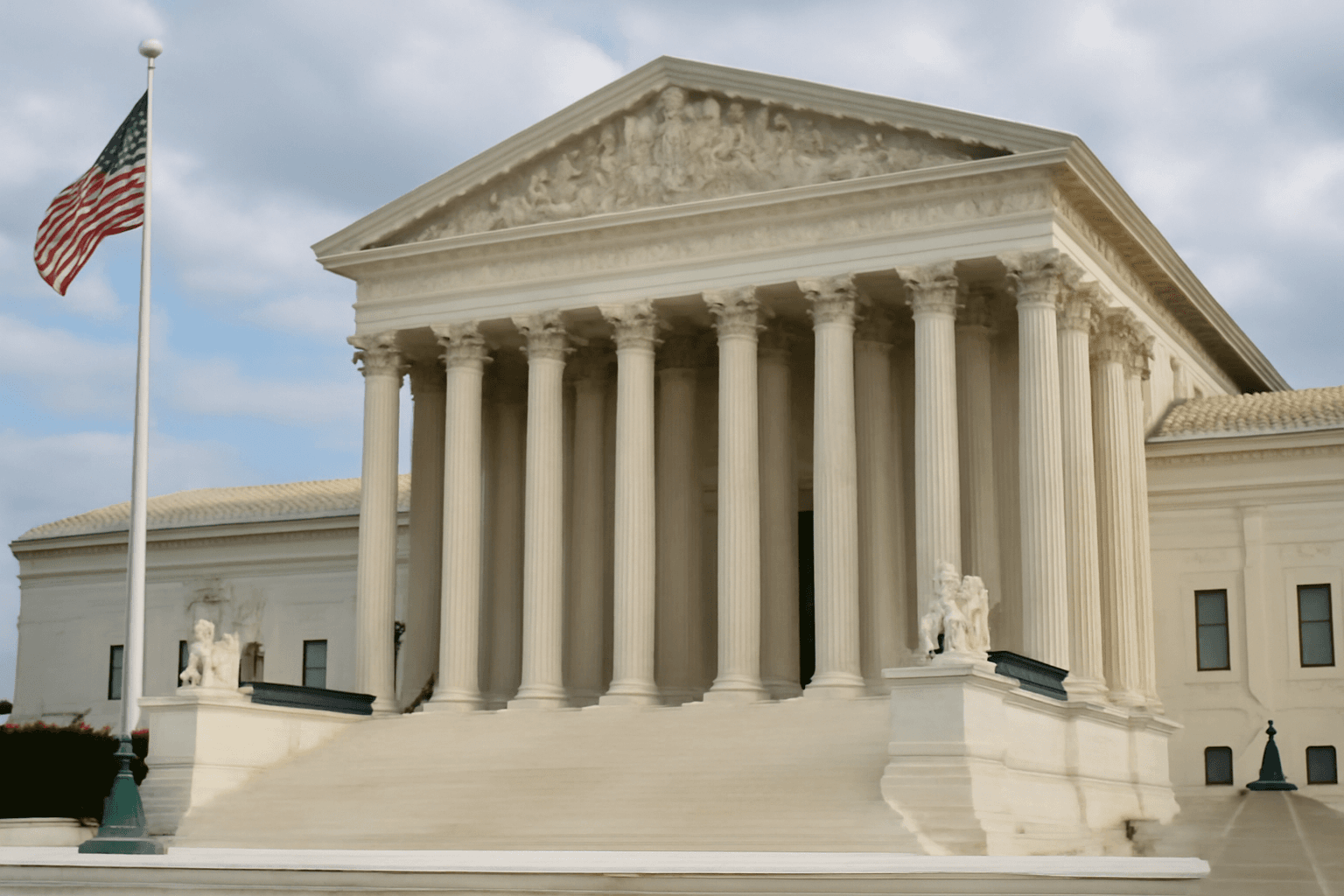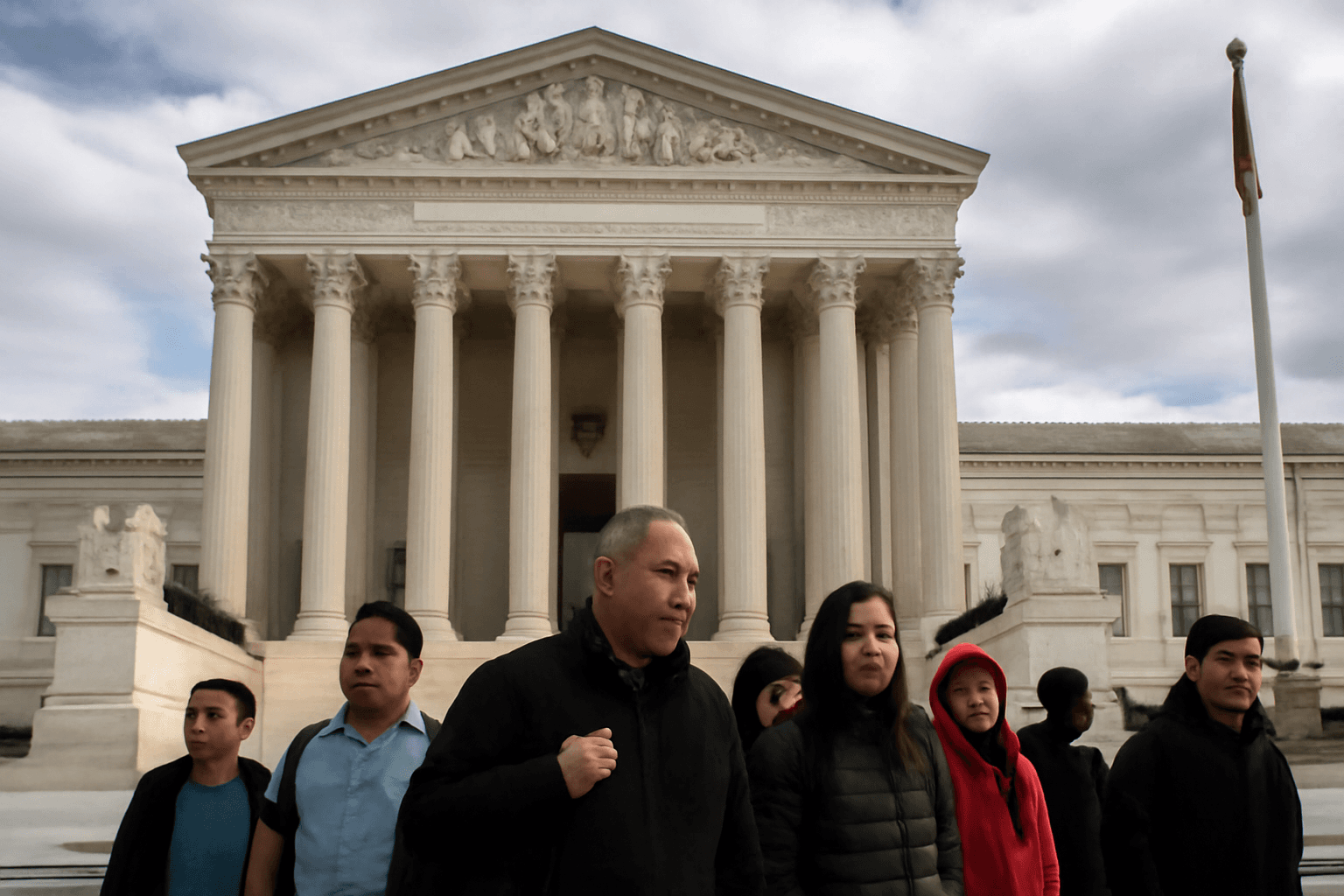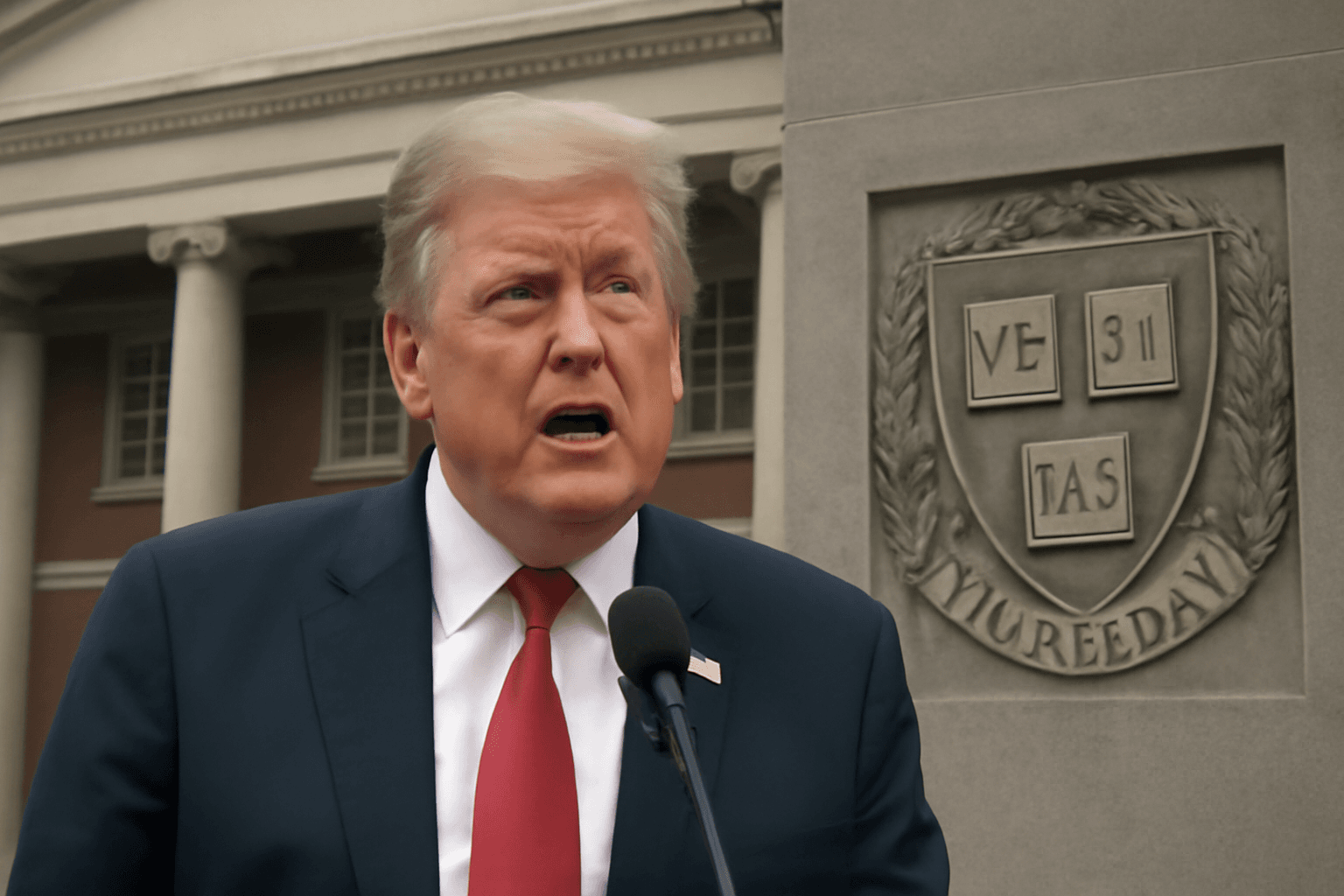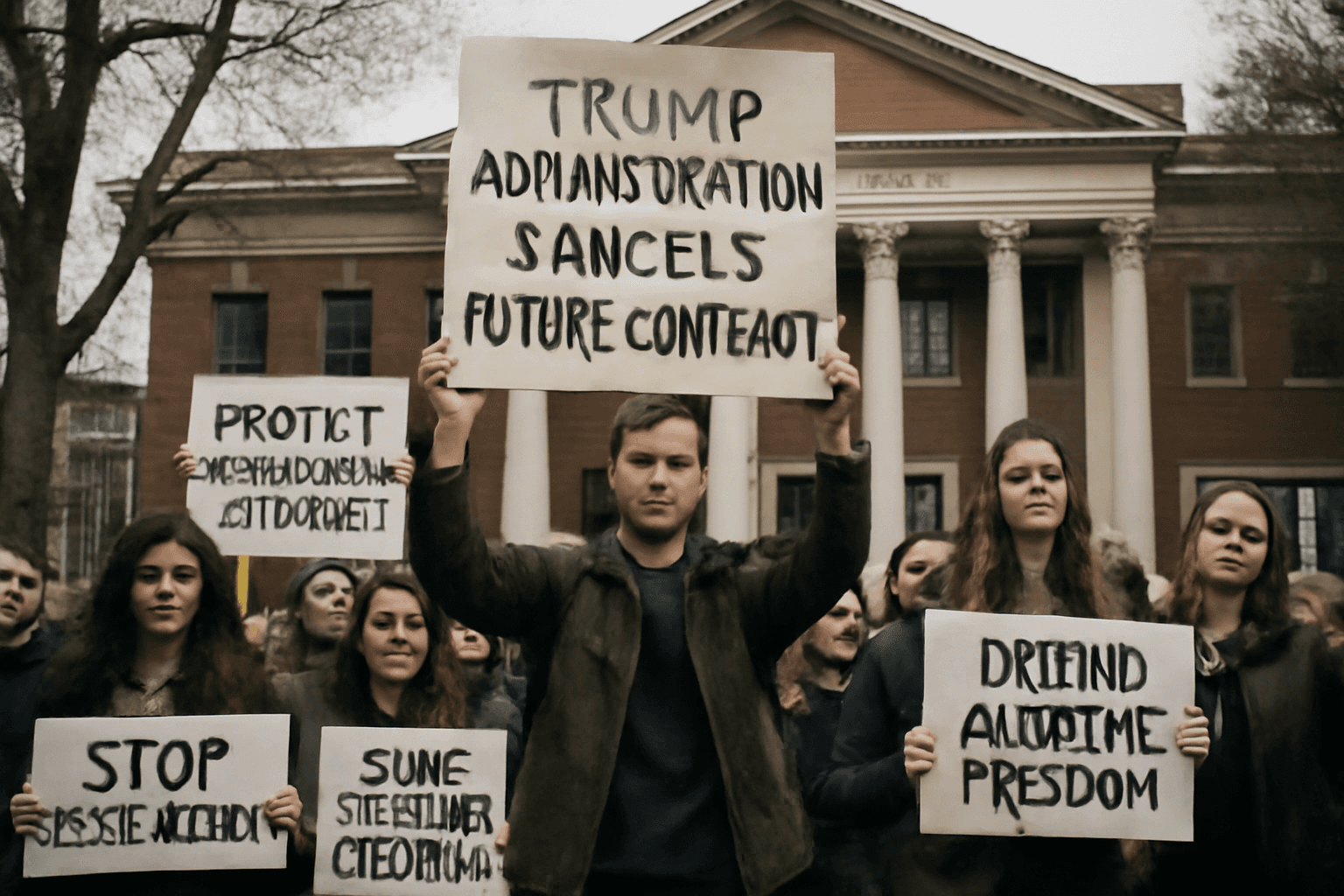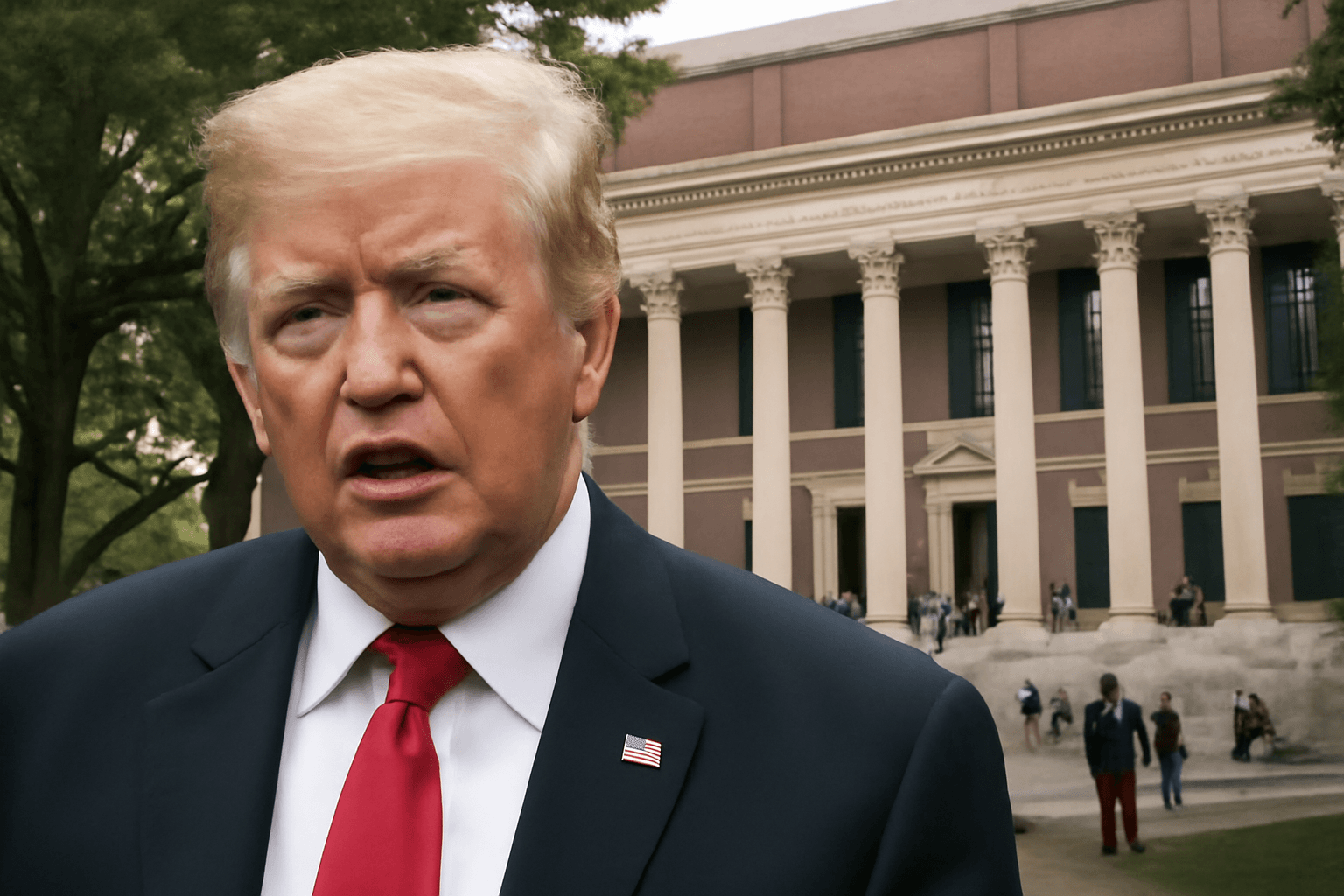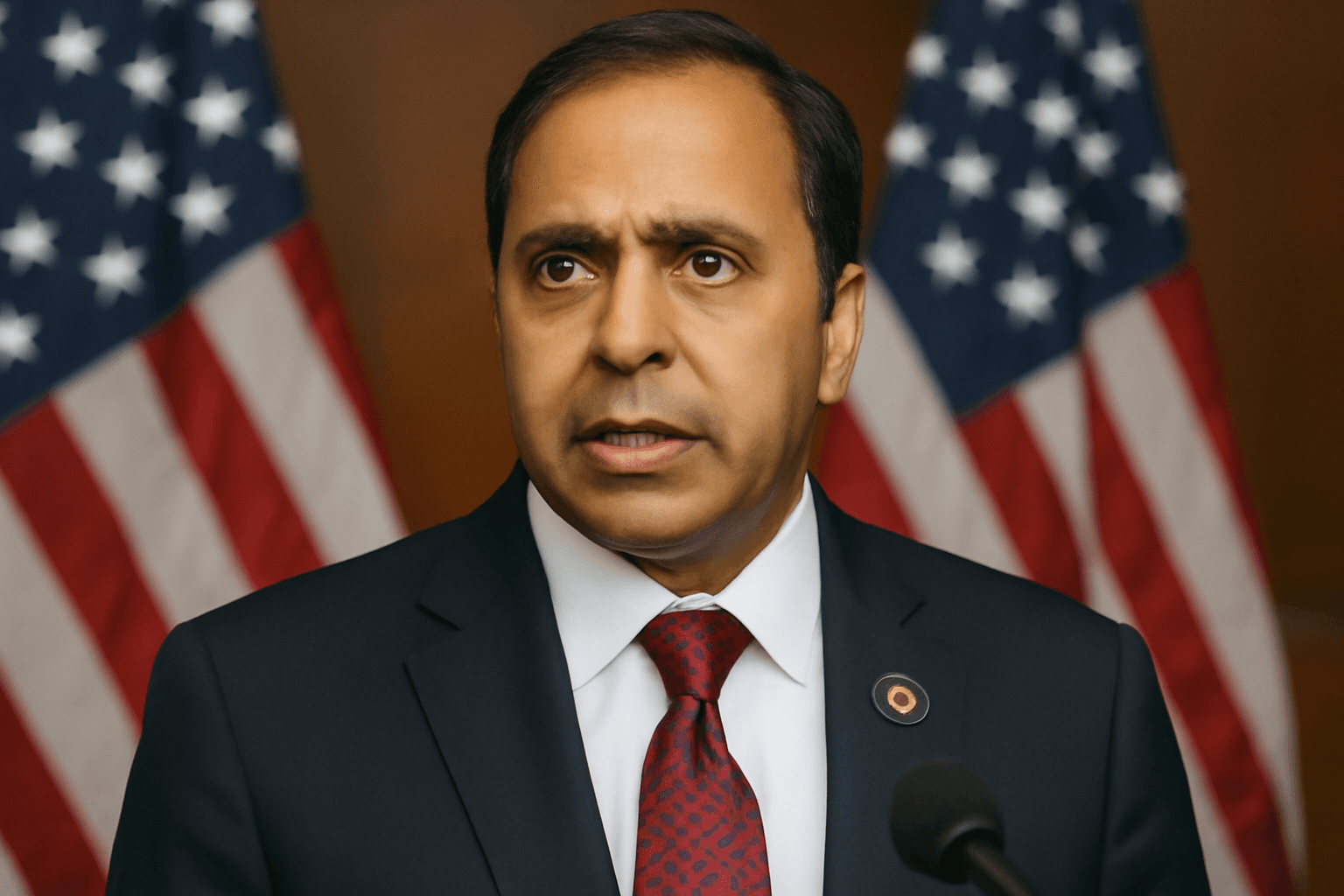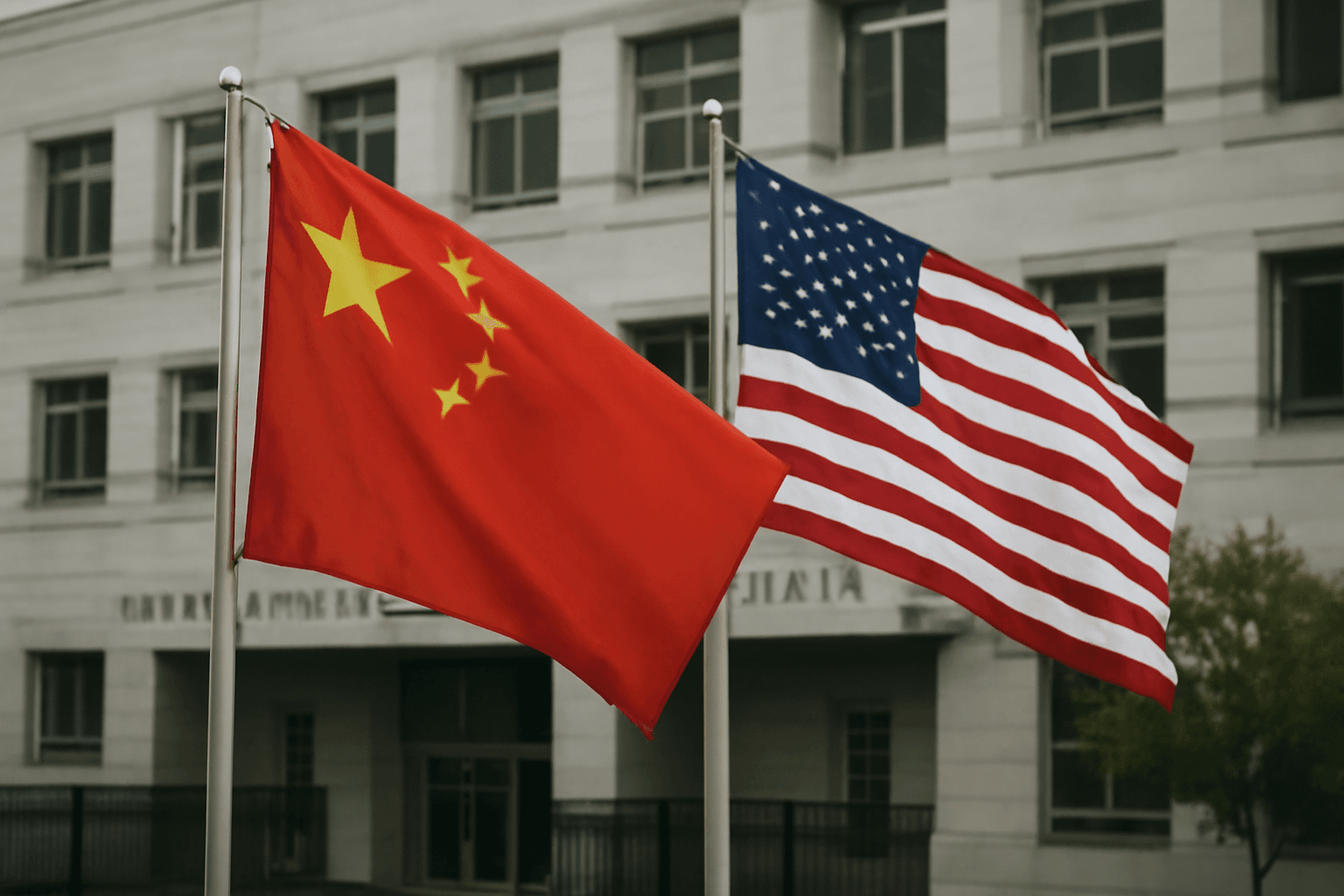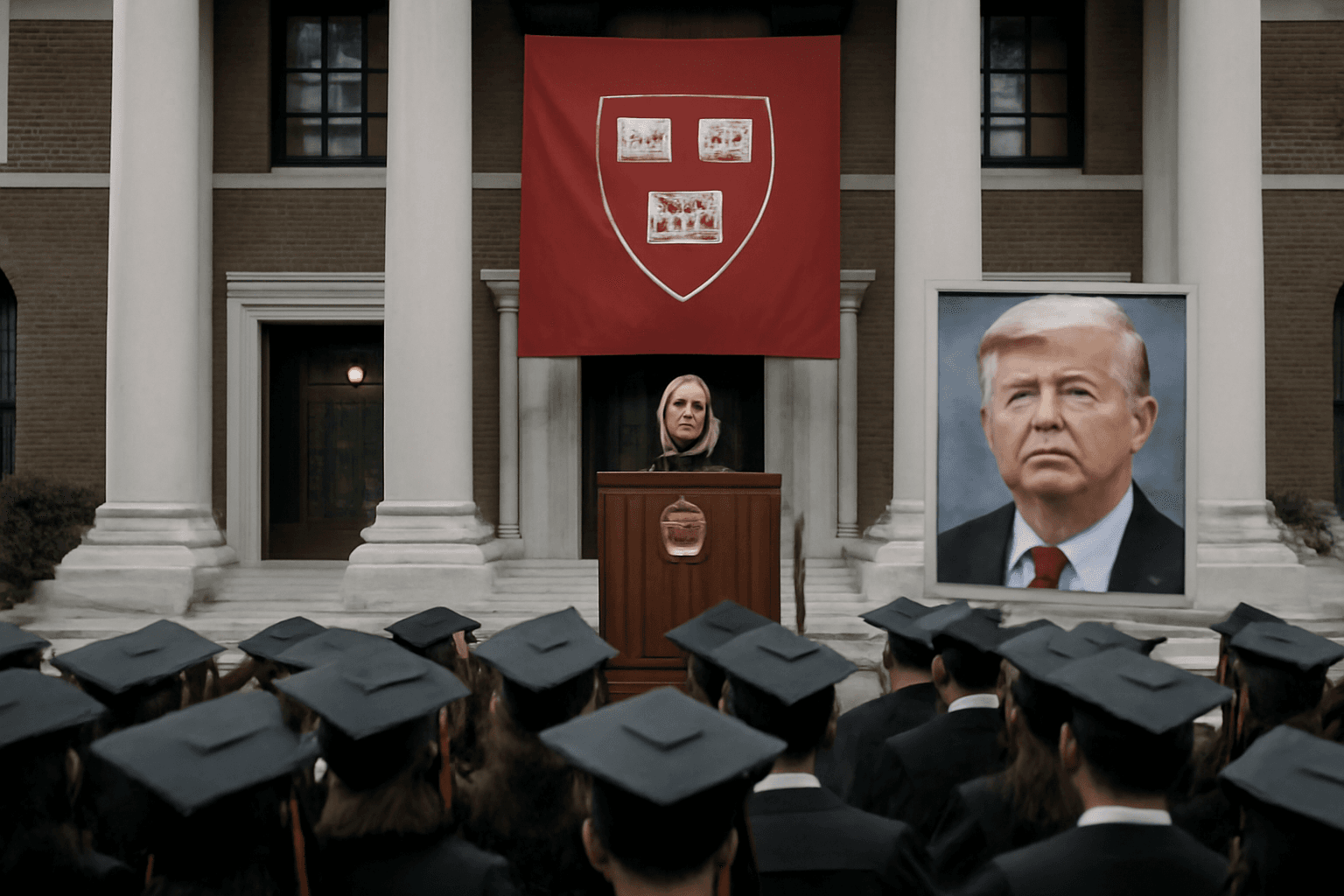US District Judge Allison Burroughs has extended an order preventing the Trump administration from barring Harvard University from enrolling foreign students. This follows a temporary restraining order issued last week.
The Department of Homeland Security (DHS) Secretary Kristi Noem had previously sent a letter to Harvard, demanding compliance with new administrative requirements or threatening to revoke the university's ability to enroll international students. In response, Harvard filed a lawsuit against DHS citing procedural violations and an adverse climate created by the administration’s political pressures.
On May 29, 2025, Immigration and Customs Enforcement director Todd Lyons informed Harvard that the university was given 30 days to respond to allegations that included accusations of fostering antisemitism, campus violence, and coordinating with the Chinese Communist Party.
Harvard alleged in its lawsuit that DHS failed to provide the mandatory 30-day response window and did not follow proper administrative procedures. Maureen Martin, Harvard’s director of immigration services, noted in court filings that these government actions have caused “profound fear, concern, and confusion” among both international and domestic students. Several domestic students reportedly considered transferring or deferring due to concerns about the changing campus environment, while numerous international students inquired about transfers.
Noteworthy students affected by this controversy include Cleo Carney, daughter of former Canadian Prime Minister Mark Carney, and Princess Elisabeth of Belgium, heir to the Belgian throne. Both recently completed their first academic years at Harvard.
President Trump criticized Harvard publicly on social media following the temporary injunction, claiming the university had secured a favorable judge but asserting, “the Government will, in the end, WIN!”
The administration’s demands include reforms to Harvard's governance to align with the president’s vision. The administration alleges that Harvard promotes liberal ideologies and fails to adequately protect Jewish students from harassment. Harvard continues to reject these political demands, defending its institutional autonomy and commitment to diversity.
This legal battle highlights ongoing tensions between higher education institutions and federal authority concerning immigration policies and campus governance.





